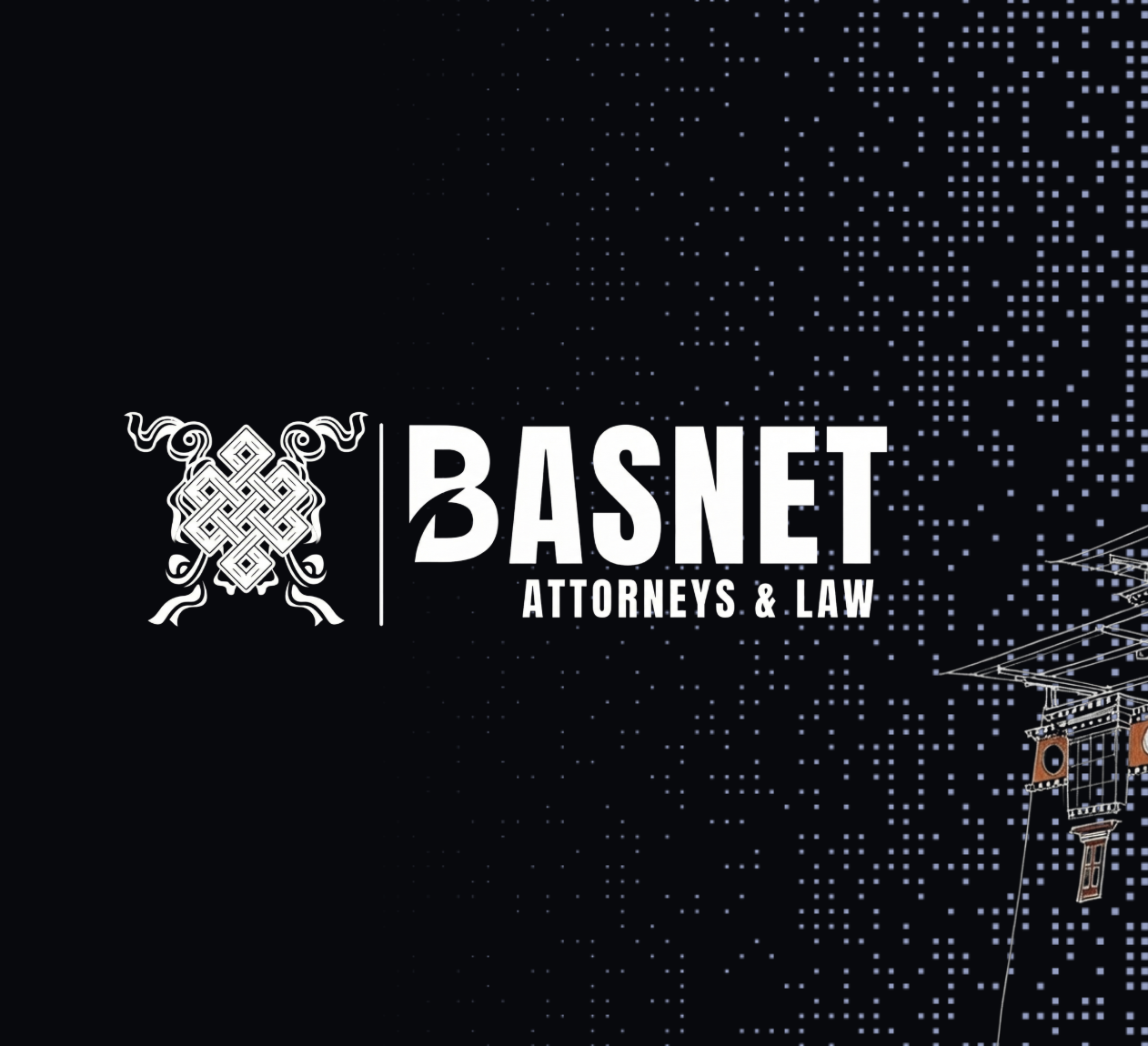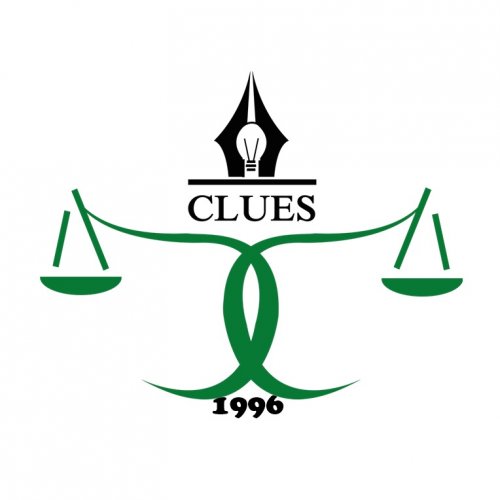Best Copyright Lawyers in Bhutan
Share your needs with us, get contacted by law firms.
Free. Takes 2 min.
Or refine your search by selecting a city:
List of the best lawyers in Bhutan

Basnet Attorneys and Law - A Premier law Firm in Bhutan
15 minutes Free ConsultationAbout Copyright Law in Bhutan
In Bhutan, copyright law is designed to protect the original works of authors, musicians, artists, and other creators, ensuring they have exclusive rights to their creations. The legal framework governing copyright in Bhutan is primarily detailed within the Copyright Act of Bhutan, established to align with international standards while respecting local culture and tradition. This act provides protection for a wide array of works including literature, music, art, software, and broadcasts.
Why You May Need a Lawyer
Seeking legal advice for copyright issues can arise in several scenarios. You may need a lawyer if you are:
- Creating original content and want to understand how to protect your rights.
- Experiencing a dispute over the use of copyrighted material without permission.
- Intending to license your work for commercial use and require guidance on contractual agreements.
- Accused of infringing someone else's copyright and need to navigate potential legal repercussions.
- Wishing to enforce your rights against unauthorized reproduction or distribution of your work.
Local Laws Overview
The key aspects of copyright law in Bhutan include:
- The Copyright Act provides protection for the life of the author plus 50 years after their death.
- Works are protected automatically without the need for registration on creation, providing they meet original expression criteria.
- It permits fair use for purposes such as education and research, with limitations and conditions.
- The Act grants the right to reproduce, distribute, perform, and adapt works.
- There are strict penalties and remedies for infringement, potentially involving fines and legal action.
Frequently Asked Questions
What is copyright?
Copyright is the legal right granted to the creator of an original work, including the exclusive right to use, reproduce, and distribute that work.
How is copyright registration done in Bhutan?
In Bhutan, copyright protection is automatic upon the creation of a work. Registration is not a requirement, though it can provide legal advantages in the event of a dispute.
What types of works are protected by copyright in Bhutan?
Literary, artistic, musical works, software, and broadcasts are among the various works protected under Bhutan's copyright law.
Can I use copyrighted material for educational purposes?
The Copyright Act allows for fair use of copyrighted material for educational purposes, but it is subject to limitations to ensure it does not conflict with the market for the original work.
What constitutes copyright infringement?
Infringement occurs when a work protected by copyright is used without permission, specifically in ways that violate the copyright holder's exclusive rights.
How long does copyright protection last in Bhutan?
The duration of copyright protection is the lifetime of the author plus 50 years after their death.
Are there penalties for copyright infringement?
Yes, copyright infringement in Bhutan can lead to fines, damages, and legal action depending on the severity and nature of the breach.
Can software be copyrighted in Bhutan?
Yes, software is considered a literary work under Bhutanese copyright law and is thus provided protection against unauthorized copying and use.
Is there any protection for performers' rights?
Yes, the rights of performers in their performances are recognized and protected under Bhutan's copyright legislation.
Can copyrights be transferred or sold?
Copyrights can be transferred or sold, wholly or partially, through legal contracts or agreements, which are subject to the terms agreed upon by the parties involved.
Additional Resources
For further assistance and information:
- The Department of Intellectual Property under the Ministry of Economic Affairs oversees copyright and other IP rights in Bhutan.
- Legal practitioners specializing in intellectual property law can provide specific advice and aid.
- International bodies, like the World Intellectual Property Organization (WIPO), offer insights and resources related to copyright globally.
Next Steps
If you believe you need legal assistance concerning copyright issues, consider the following steps:
- Identify and gather all possible documentation related to the work in question.
- Consult with a legal professional who specializes in intellectual property law to evaluate your situation.
- Consider formal registration of your work for added legal protection despite it not being a requirement.
- Engage with the Department of Intellectual Property for advice on local laws and enforcement strategies.
Lawzana helps you find the best lawyers and law firms in Bhutan through a curated and pre-screened list of qualified legal professionals. Our platform offers rankings and detailed profiles of attorneys and law firms, allowing you to compare based on practice areas, including Copyright, experience, and client feedback.
Each profile includes a description of the firm's areas of practice, client reviews, team members and partners, year of establishment, spoken languages, office locations, contact information, social media presence, and any published articles or resources. Most firms on our platform speak English and are experienced in both local and international legal matters.
Get a quote from top-rated law firms in Bhutan — quickly, securely, and without unnecessary hassle.
Disclaimer:
The information provided on this page is for general informational purposes only and does not constitute legal advice. While we strive to ensure the accuracy and relevance of the content, legal information may change over time, and interpretations of the law can vary. You should always consult with a qualified legal professional for advice specific to your situation.
We disclaim all liability for actions taken or not taken based on the content of this page. If you believe any information is incorrect or outdated, please contact us, and we will review and update it where appropriate.
Browse copyright law firms by city in Bhutan
Refine your search by selecting a city.








